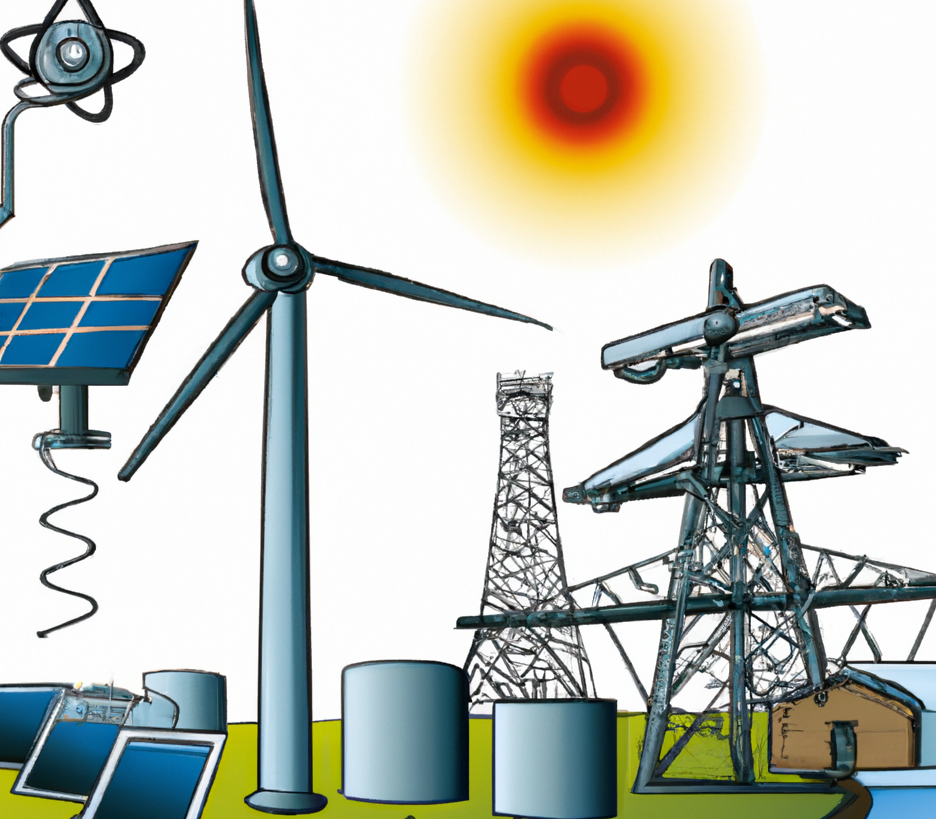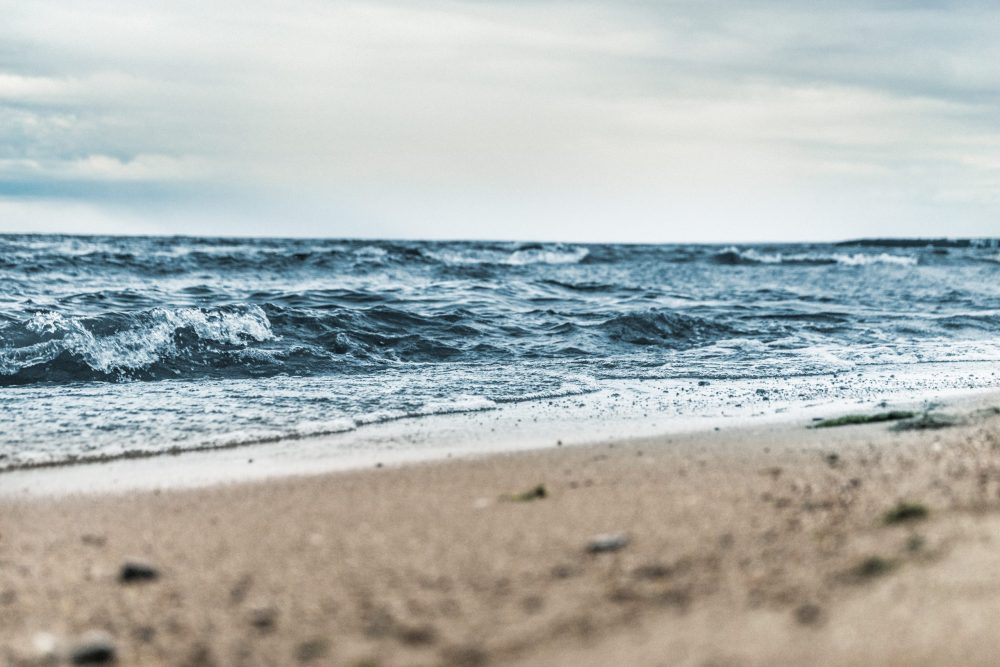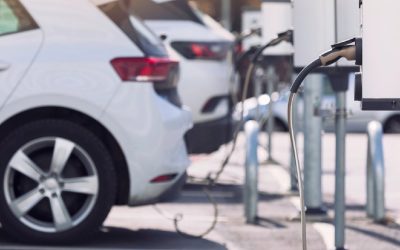It is encouraging to see that Premier Wab Kinew’s new energy policy acknowledges the reality of hydrocarbon fuels: Manitoba will continue to have oil and natural gas in its energy mix for the foreseeable future.
Manitoba should not be in any hurry to wean itself off dependable petroleum and natural gas.
The province must take the acknowledgement further and abandon the net zero hamster wheel on which federal government mandates have placed all Canadian jurisdictions. The premier invited this absurd race by telling his cabinet to wean the province off natural gas by 2035.
Provinces and territories are tying themselves in knots to meet impossible and unnecessary targets that jeopardize energy reliability and affordability.
The province – as its first goal – should abandon this dangerous obsession with intermittent renewables. The most common intermittent renewables pushed by activists are wind and solar.
These energy sources are heavily dependent on weather and cannot meet peak demands for electricity, even with current battery shortage technology.
Nothing is inherently wrong with these energies, but they play havoc on our electric grid and economy if relied upon. Despite what we are all used to hearing, wind and solar are not cheaper technologies. Fair measuring systems that include added costs of integrating intermittent renewables unveil their higher costs.
What is driving Manitoba’s electricity hamster wheel right now?
It is a fear of a looming electrical capacity shortage. Manitoba Hydro CEO Jay Grewal stated earlier this year Manitoba may be facing a capacity problem within five years.
This problem with generating capacity is exacerbated by former Manitoba Hydro officials saying no new hydro megaprojects are on the province’s horizon. The high cost of existing hydro projects makes the prospect of new dams bleaker.
So here is the rub: Manitoba generates 97 per cent of its power through dependable hydroelectricity and the remaining three per cent comes from the province’s last natural gas-fuelled station in Brandon. Natural gas is the least carbon emitting fossil fuel, yet the province is obsessed with phasing it out. It makes no sense.
Manitoba could invest in more natural gas plants and examine all dispatchable energy sources. These are cheap, plentiful, and scalable technologies available 24/7, such as oil, natural gas, coal, and nuclear. Large hydro projects with reservoirs are dispatchable, but even hydro is vulnerable to droughts.
Manitoba could fortify its grid with dispatchable sources to supplement its reliable and abundant hydroelectricity. We can use wind and solar in small-scale supplemental ways, but they cannot be relied upon.
Here is Manitoba’s dangerous gamble: Facing the prospect of having to double or even triple Manitoba’s electricity capacity, the province plans to add this new capacity with wind power and other “green” sources.
Again, there is nothing inherently wrong with wind power; it is just not a reliable source and is very costly to integrate into the grid. If we look at jurisdictions like Germany, Texas, and California that rely too much on intermittent renewables – including wind – we see their experiences with skyrocketing electricity rates, blackouts and economic havoc.
The Manitoba Metis Federation is playing into this dangerous gamble by offering to build wind power capacity without cost projections.
Manitoba must reverse course and make reliability and affordability its electricity priority. The alternative means repeating the mistakes of other jurisdictions and gambling on Manitoba’s future.
Joseph Quesnel is a senior research fellow with the Frontier Centre for Public Policy.



